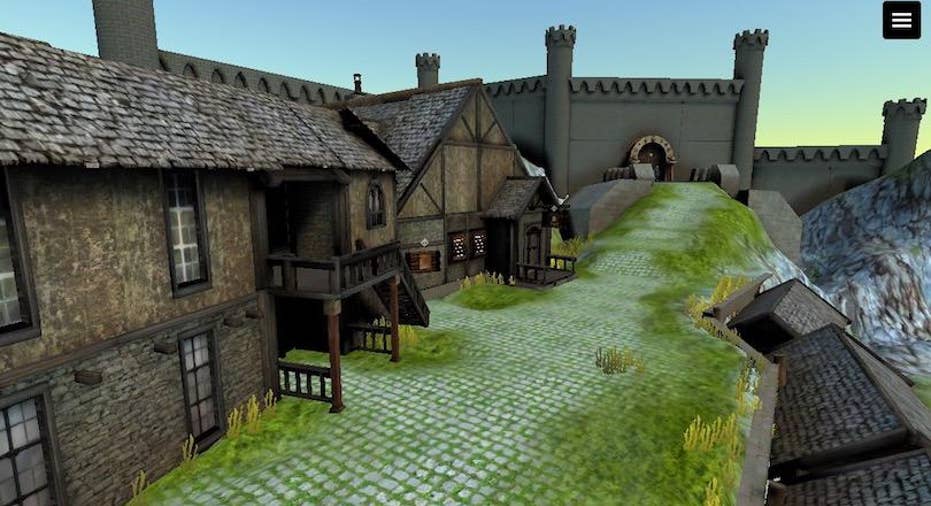For Employers, Video Game Scores Might Soon Replace Resumes

Your next employer might hire you if it finds out you're good at playing video games.
It's not looking for FIFA 17 or Call of Duty aces, but rather those who can master mind games developed specifically for recruiters and human resources by a startup called Scoutible.
Started by Harvard psychology major Angela Antony, who also has a law degree and an MBA from the Ivy League university, Scoutible is creating cognitive-assessment games to help employers measure what it calls soft skills—the sort of character cues that can't be expressed in a resume.
But these aren't boring crosswords or shape matching puzzles. Scoutible's games have visual appeal, with graphics that look like they belong in a mobile game you'd pay at least $4.99 for on the App Store.
At a startup competition in San Francisco this week, where Antony took home $50,000 in seed money, I briefly played a few of the games. They were challenging at the very least and even a little bit fun.
"Our games' storylines are designed to distill meaningful traits from players' in-game behaviors," Antony said.
There's one called King's Quest that's intended to measure emotional intelligence and assertiveness. Another, called Lava Cave, was vaguely reminiscent of the Bowser's Castle course in Mario Kart. It can measure memory capacity, pattern recognition, and risk tolerance (in this case, tolerance of the risk that you might fall into a burning pit of lava).
The same samples that Scoutible had on display won't show up in your next hiring test, though, because the company tweaks them for each of its clients.
First, it asks a company to determine which of its employees are the top performers. It then has those employees play games that tease out their "soft skills" after only 20 minutes, according to Antony. After playing, each employee gets a cognitive profile, and Scoutible can identify which traits distinguish those who do best at playing the game.
Finally, the top performers are cross-referenced against a database of scores of everyone who's ever played the game. If you want to throw your hat into the ring, you can start playing a beta version of the game at Scoutible.com.
"We can then identify the talent who's most likely to perform" how company wants them to, Antony said. In beta tests, she said that Scoutible's algorithms were able to guess a candidate's social engagement (measured by number of Facebook friends) within 10 percent, and a freelancer's job satisfaction (measured by online customer reviews) within 1 percent.
But what if the type of person a company really wants to hire is horrible at playing video games? No problem, Antony said. Scoutible just adjusts them to make it really easy, even for a person who's never played any smartphone games at all.
This article originally appeared on PCMag.com.



















